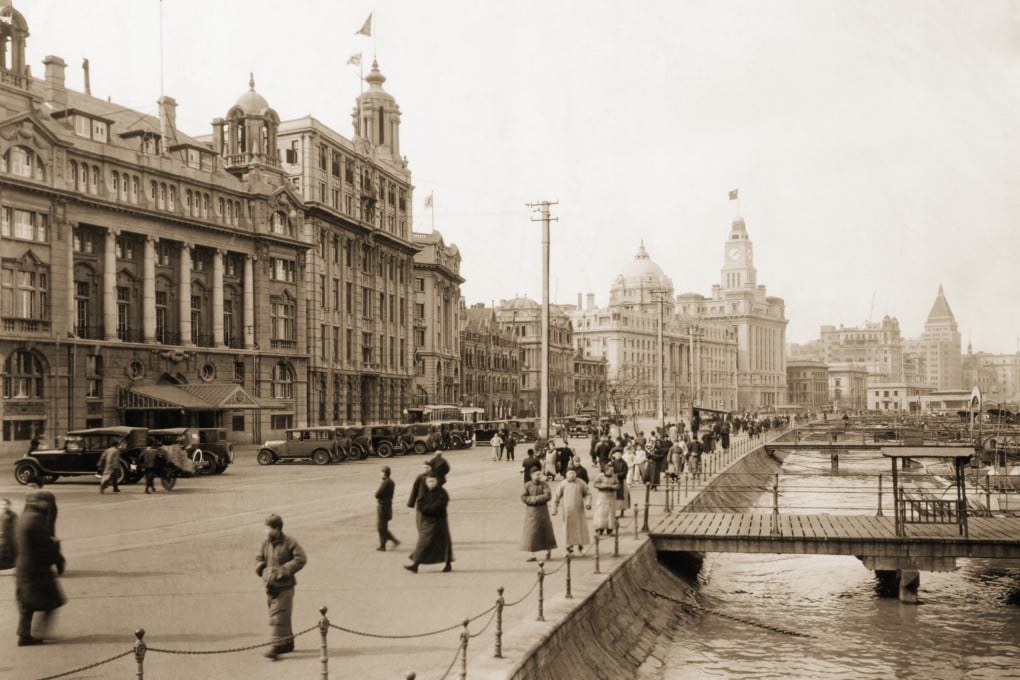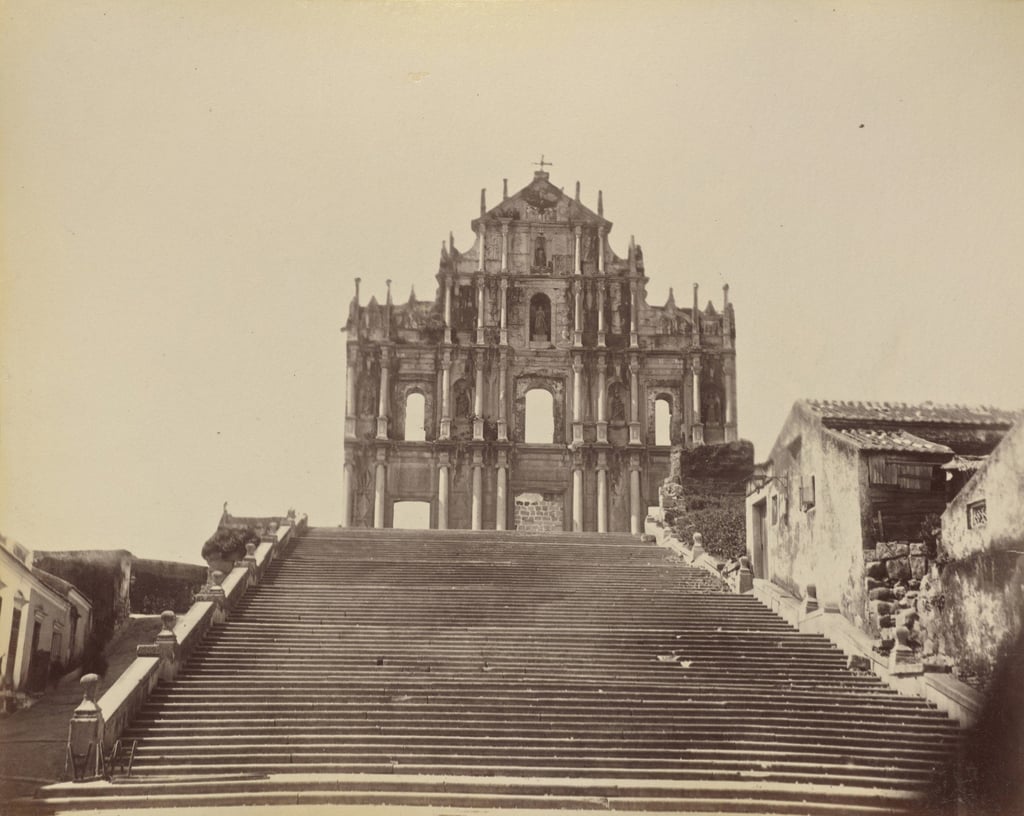Then & Now | The go-getters who left Macau for Hong Kong and Shanghai when the Portuguese enclave was a sleepy backwater, and what became of them
- When the opportunity of greater prosperity presented itself, many ‘local Portuguese’, or Macanese – Eurasians born in Macau – left for Hong Kong and Shanghai
- Many of the latter ended up swapping China’s most cosmopolitan city for the small-town snobbishness of Hong Kong after 1949, before decamping to California

To outsiders, ethnic minority groups appear more homogenous than they actually are. One long-established Hong Kong community that epitomises this conundrum is the “local Portuguese” – to use one of several classifications used by themselves (and others) as a catch-all label. Despite the term, connections to Portugal lie a long way astern – if at all.
For the most part, “local Portuguese” are descendants of centuries of intermarriage in Macau between Europeans (mostly – but not invariably – metropolitan Portuguese), Japanese, Indians (generally Goans), Malacca Malay Catholic converts, various Chinese ethnicities, Filipinos, Timorese (and other Indonesians), even occasional Africans, mostly from Mozambique or Angola.
Unsurprisingly, this astonishing ethnic melting pot, and the resultant creolised language, food and home culture – now largely vanished – evolved into an extraordinary intercultural diversity.
In tandem with the global decline of Portuguese power from its mid-17th century heyday, Macau’s importance had significantly diminished by the early 1840s. Until the opening up of China ports, such as Shanghai, to Western trade, along with the establishment of Hong Kong, Macau was in most respects a backwater, dazed and torpid, with its indigenous people thoroughly marinated in the memory of other, better days.

As soon as opportunity beckoned elsewhere, anyone with a modicum of “get up and go” quickly got up and went; the trend inexorably continued as word filtered back of the more prosperous lives that could be built elsewhere.
By the early 20th century, three distinct Macanese subsets, with a much smaller (though nevertheless distinct) variant in Japan, mainly found in Yokohama and Kobe, had evolved. Macaista – the Macau-domiciled – remained oriented towards Portugal; colonial links continued to be strong with the metropolitan country. In particular, Macau had a garrison presence that rotated from Portugal, along with civil servants, police and administrators.
